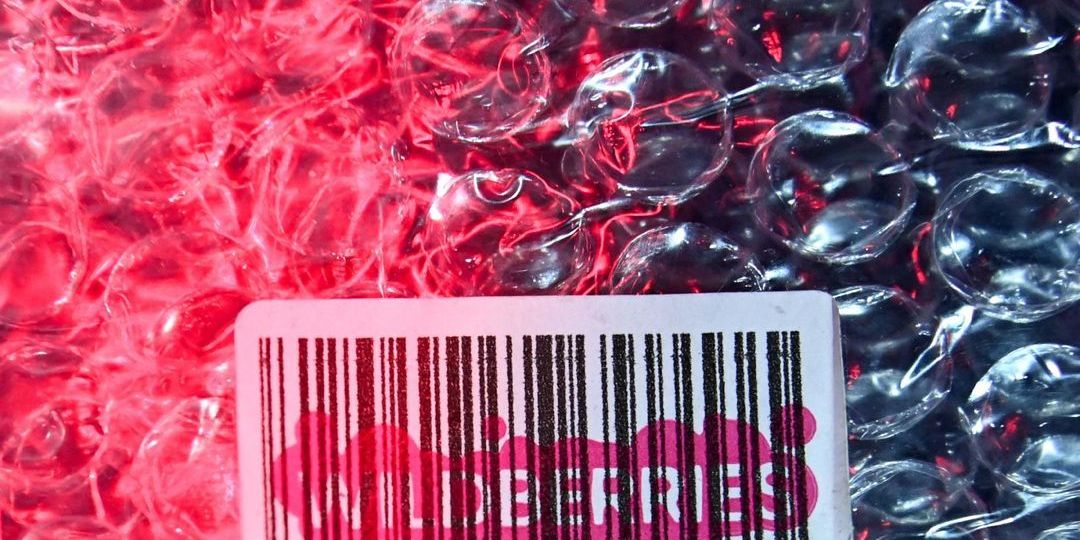
The ongoing war in Gaza has led to calls by some nations for a boycott of Israeli services and goods. This in turn has resurfaced claims that barcodes reveal a product’s country of origin. A Facebook post shared thousands of times alleges that the prefix “729” in a barcode confirms that an item was made in Israel. But this is misleading: the number indicates that a firm registered its product with the Israeli member organisation of GS1, the nonprofit that issues company prefixes for barcodes globally. GS1 told AFP Fact Check that companies can register with any of 116 member organisations around the world, regardless of where they are based or where they manufacture their products.
“Boycott Israeli products! Easy way to identify Israeli products. If there are 729 numbers at the beginning of Barcode! It means Israeli product (sic),” reads a Facebook post from Nigeria shared alongside an image of a barcode.
The post further notes that “729 = Made in Israel”.

A screenshot of the misleading Facebook post, taken on December 18, 2023 – Mary KULUNDU
On TikTok, a campaign to boycott products bearing the 729 -barcode sparked claims that Israel had changed its code to 871 (here and here) and 500 after the movement had gained momentum.


Israel has reduced large parts of the Gaza Strip to rubble with a bombing campaign, in response to the bloodiest attack in its history carried out by Hamas militants on October 7.
Their unprecedented assault resulted in the deaths of around 1,140 people, most of them civilians, according to an AFP tally based on official Israeli figures.
Israel’s military campaign has killed at least 23,210 people, mostly women and children, according to the Hamas-run Gaza health ministry (archived report).
The war has triggered global protests and campaigns across the Middle East to boycott products believed to support Israel (archived report).
However, the posts claiming that certain barcodes prove that products are made in Israel are misleading.
Barcode prefix
The first few numbers of a barcode “do not identify the country of origin for a given product”, according to GS1, a non-profit organisation that issues company prefixes for barcodes globally.
“GS1 user companies can manufacture products anywhere in the world,” it explains on its website.
The issue was also addressed in the website’s FAQ section: “The GS1 Prefix does not indicate that the product was manufactured in a specific country or by a specific manufacturer; it may have been produced anywhere in the world.”

A screenshot of GS1 website, taken on December 19, 2023
GS1 works with 116 member organisations in countries around the globe. The prefix 729 is assigned to the GS1 member organisation in Israel (archived here).
“Companies around the world can choose any of the 116 GS1 Member Organisations they want to work with, regardless of where they are based or where they produce their products,” GS1 spokesman Carlos Carnicero Urabayen told AFP Fact Check on January 8, 2023.
“This means that any company no matter where it’s based can work with GS1 Israel or any of the 116 GS1 Member Organisations,” he said.
“The GS1 prefix, the first three digits of the barcode number, depends upon the GS1 Member Organisation the company has chosen to work with.”
Urabayen also noted that “companies can choose to work with more than one GS1 Member Organisation to allocate barcode numbers to their products”.
The barcode claim has been linked to previous world events — in 2021 when violence broke out in Jerusalem and at the height of the Covid-19 pandemic in 2020.
